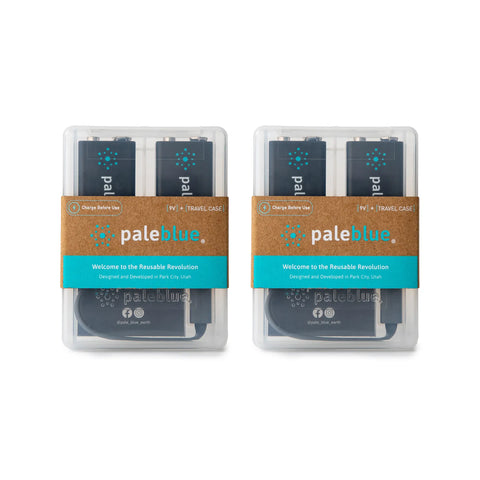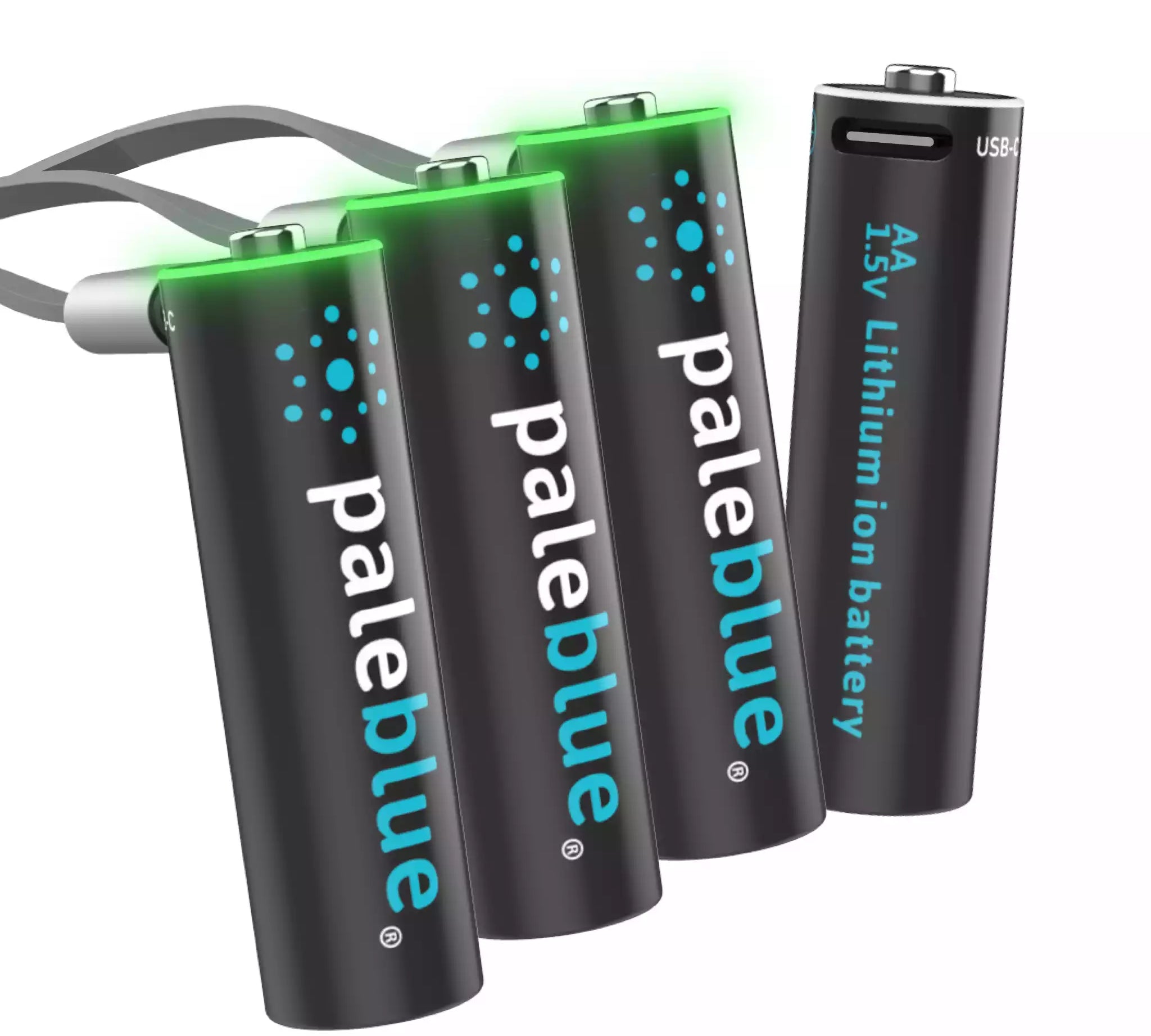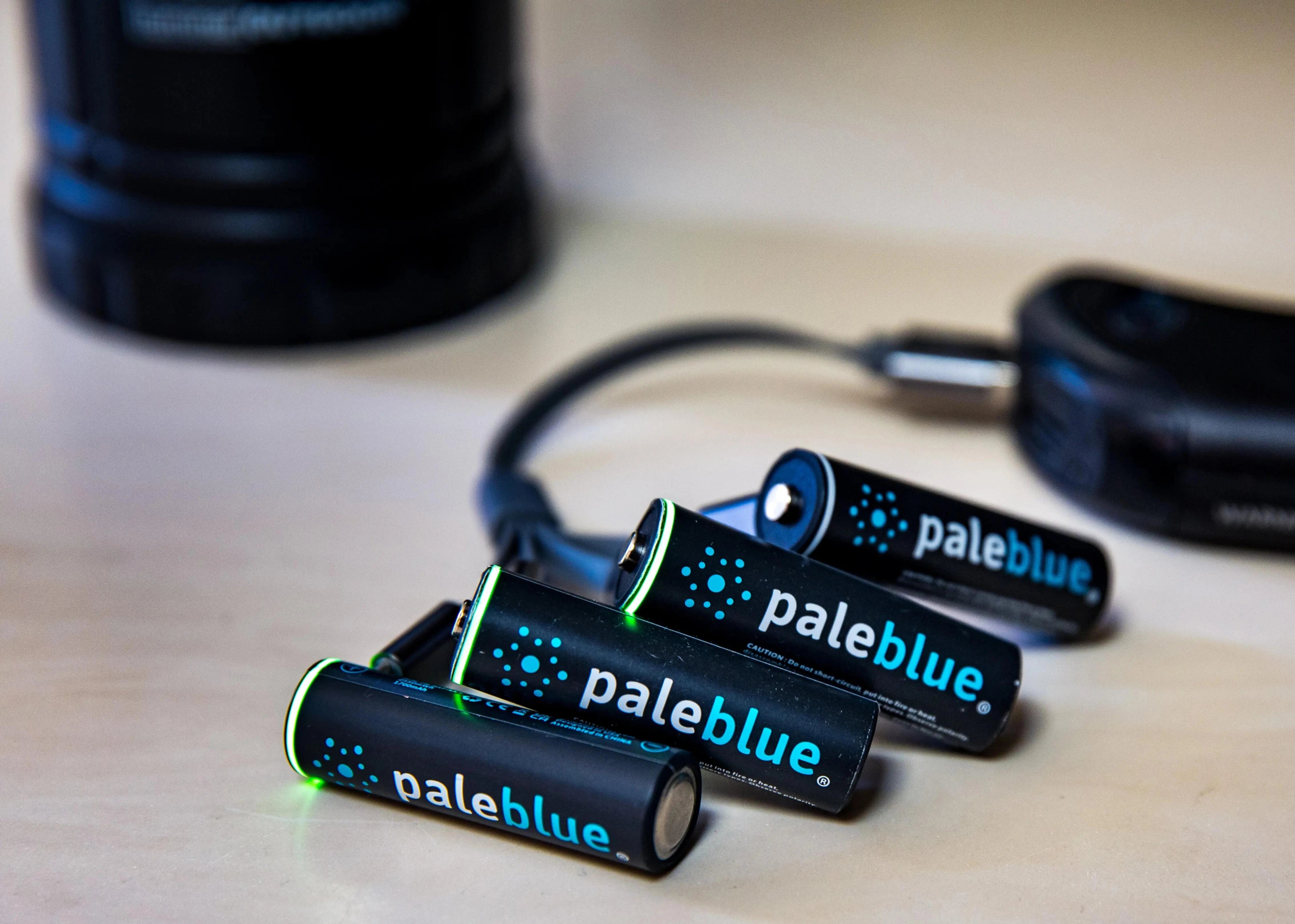Common Use Cases for 9-Volt Batteries

Last Updated: November 2025
9-volt rechargeable batteries are one of the top five most popular types of batteries, and for good reason – they’re both powerful and versatile. One thing that sets them apart from other batteries is their shape; unlike AAs, AAAs, D cells, and many other types of cylindrical batteries, 9-volts are rectangular. They were originally invented for use in transistor radios, but these days, 9V rechargeable batteries are used in everything from medical equipment to smoke alarms.
What is a Rechargeable 9-Volt Battery Used For?
One reason why 9V rechargeable batteries are so popular is due to their versatility. They can be used in either high- or low-drain applications, and they’re small enough to fit into many different types of devices. Here are some of the most common uses for 9-volt batteries.
Medical devices using 9 volt batteries
Medical equipment uses a variety of power sources, including 9-volt batteries in many cases. These batteries are ideal for use in the medical industry not only because they supply plenty of voltage when needed, but also because they can last for months at a time with minimal usage. As with any device, we recommend to use the type of battery recommended by the device manufacturer. 9-volts can be found in various types of medical equipment, such as:
- Surgical lighting
- Data recorders
- Patient monitors
- Fetal monitors
- Pagers
- Infusion pumps
- Portable EKG monitors
- Portable generators
For some medical equipment, it’s best to use 9-volt batteries with a high pulse rate and a low magnetic signature. This ensures that the batteries can perform well in high-drain devices, and won’t interfere with electromagnetic scans. However, other applications (such as pagers) don’t necessarily need 9V batteries with specialized features.
Safety devices using 9 volt batteries
In safety devices such as smoke alarms and other monitoring devices, a dependable power source is key. Since 9-volt batteries can last for months in low-drain devices, this makes them ideal for use in:
- Security systems
- Metering devices
- Telematics
- Emergency beacons
- Smoke alarms
- Carbon monoxide alarms
Some of these applications require 9V batteries that can function in extreme temperatures; in that case, rechargeable lithium-ion batteries make a solid choice because they can perform in harsh conditions. Depending on the manufacturer, they can function in temperatures as low as -40̊ C, or as high as 60̊ C.
Handheld devices using 9 volt batteries
Even though many handheld devices are becoming increasingly smaller, many of them still require more power than AAA or AA batteries can provide. 9-volt batteries are the preferred choice for plenty of handheld devices, including:
- Instrumentation and test devices
- Wearable devices
- Portable speakers
- Portable TVs
- Children’s toys
- Walkie-talkies
Although some of these devices can also be designed to accept smaller batteries, others have extra features that require a more robust power supply. These features include things like speaker drivers, radio antennas for cellular CDMA or GSM, backlit LCD displays, and more. 9V batteries have a high energy density, meaning they can provide plenty of power relative to their size and weight.
FAQs: 9-Volt Rechargeable Batteries
If you want to know more about one of the most popular types of batteries, you’re in the right place – these are some of the most frequently asked questions about 9-volt batteries.
Are all 9-volt batteries the same?
There are actually many different types of 9V batteries, which offer various levels of performance and longevity. Some are single-use batteries, while others are rechargeable.
The most common types of single-use 9V batteries are:
- Alkaline
- Zinc chloride
- Silver oxide
- Lithium (not to be confused with rechargeable lithium-ion batteries)
When a disposable 9V battery is used, the internal chemical reaction causes electrons to flow from one end of the battery (the anode) to the other end (the cathode), with the help of an electrolyte solution. This process produces electricity, which is what allows the battery to power whatever device it’s in.
Then there are the rechargeable 9-volt batteries; some of the most popular types are:
- Lithium-ion
- Nickel cadmium
- Nickel metal hydride
- Lead acid
Which is better – disposable or rechargeable 9-volt batteries?
This depends on a variety of factors. For example, someone who wants a 9V battery with great performance and a long lifespan would prefer rechargeables. If someone just wants whatever type of battery will fit in their electronic device, then the best battery is the one that will get the job done. Many devices are designed to accept one or the other type of battery, not both; if you want to use a specific type of 9V battery, make sure you get the correct type of device.

Can 9-volt batteries be recycled?
Just like any other type of battery, 9-volt batteries can be recycled. Most recycling centers accept alkaline batteries (the most common type of single-use battery), and some cities even offer curbside pickup services as part of their recycling programs.
It’s a different story with rechargeable batteries, though; since they’re more difficult to recycle, many recycling centers don’t accept them. However, there are several organizations that will recycle rechargeable batteries (we use this one) that they receive through the mail. This makes the service more accessible to anyone who wants to recycle their rechargeable 9V batteries, even if they live in remote areas.








